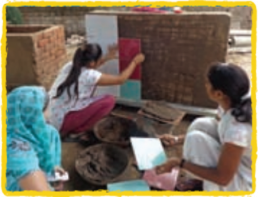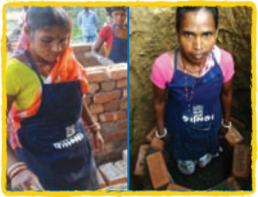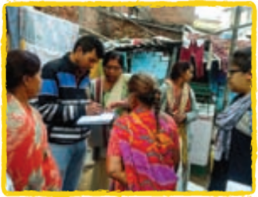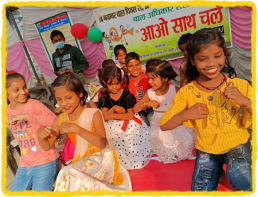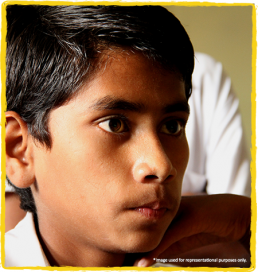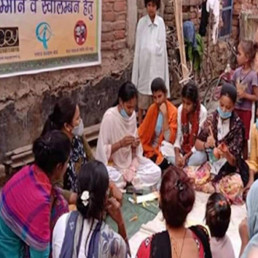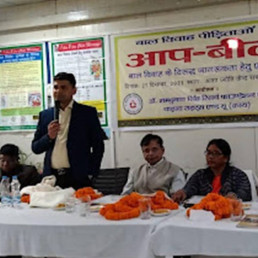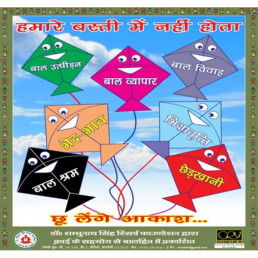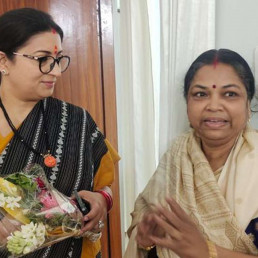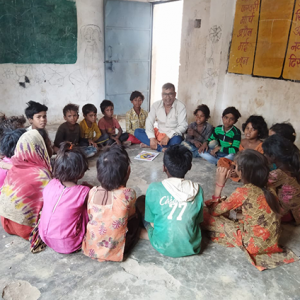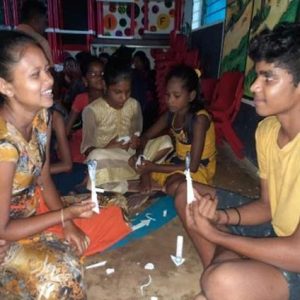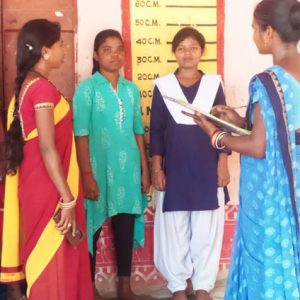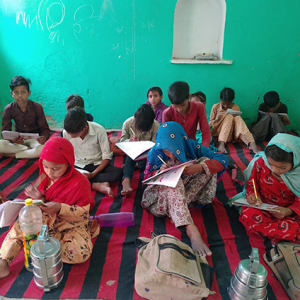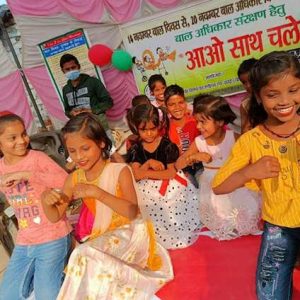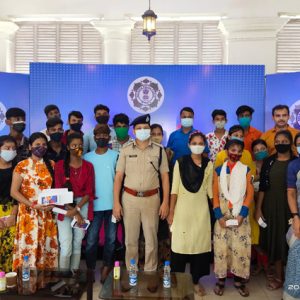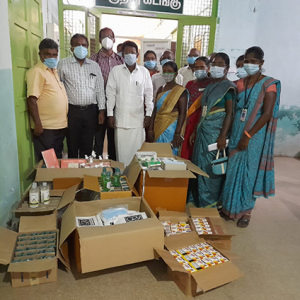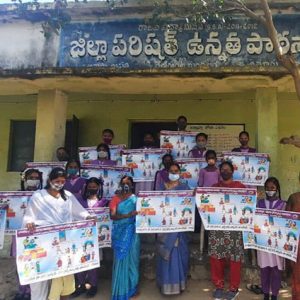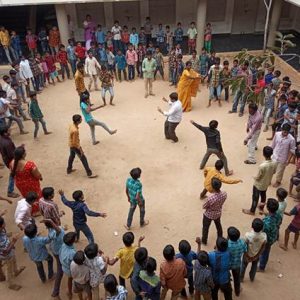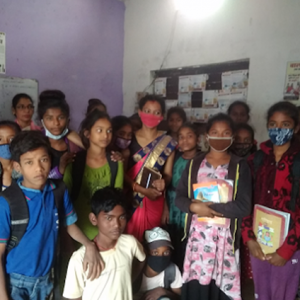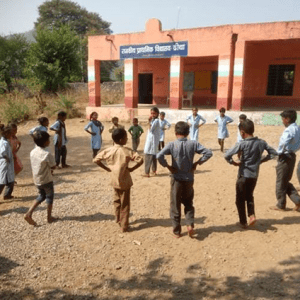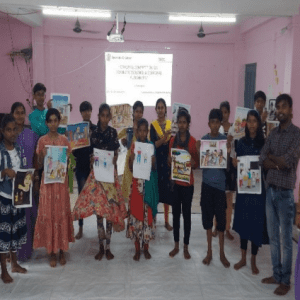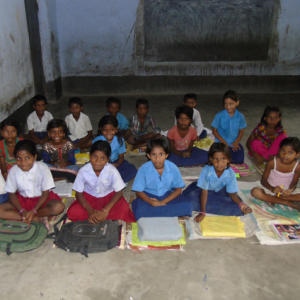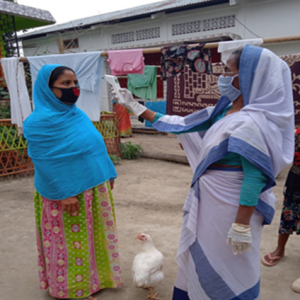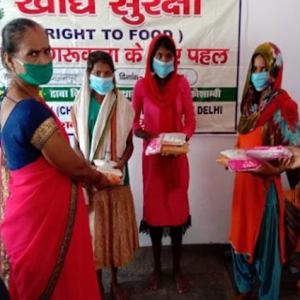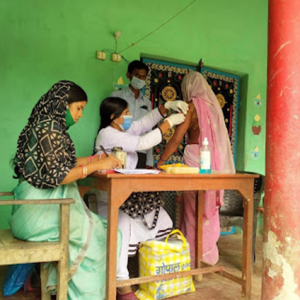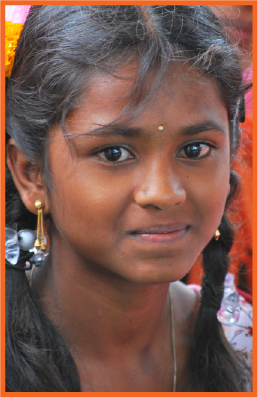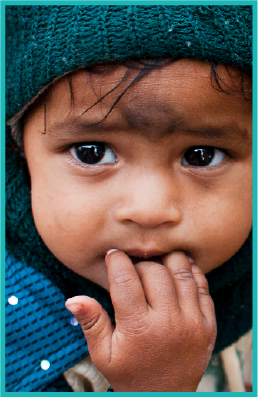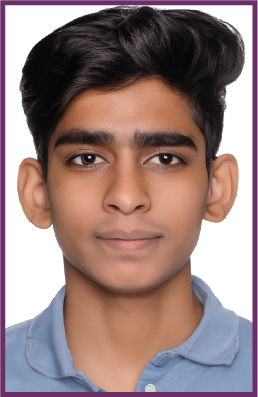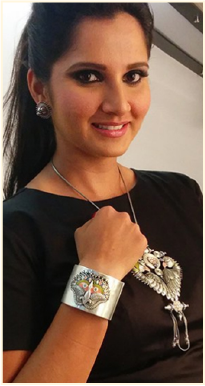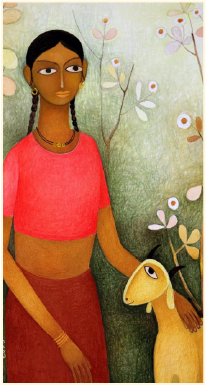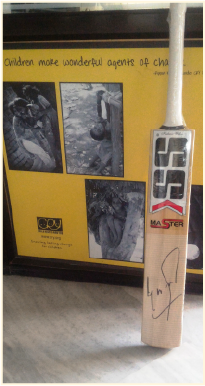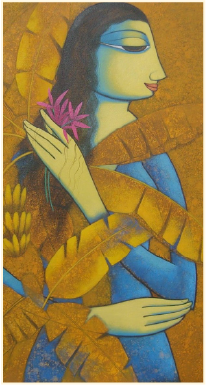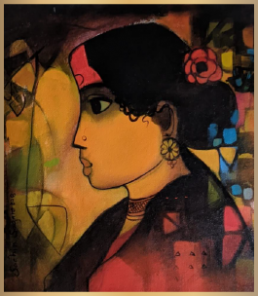Campaign Story
About the project
In Ranchi, Jharkhand, the urban poor face myriad challenges – inadequate quantity and poor quality of water, unequal access to toilets, semi-permanent shelters, lack of legal ownership over their lands and low capacities of Urban Local Bodies (ULBs) in engaging their constituents. Working through a federation of women’s collectives, MHT aims to make urban development more inclusive by ensuring that the most marginalized have a representative voice in governance, as well as access to sustainable livelihoods, legal housing and affordable basic services.
This Project is fully funded by the Oak foundation.
Making a difference
By amplifying the collective voice and agency of women affected by poverty, MHT empowers them with the knowhow and confidence to address habitat issues in their own communities, and to engage with and influence key city-level decision-makers. Secondarily, MHT promotes expansion of slum upgrades and housing improvements by connecting households with available social benefit programs that provide for water, sanitation and electricity. The organization continues to adapt its outreach to women’s groups based on specific, individual needs.
The Way Forward
● Link 239 households to legal electricity connection.
● Ensure maintenance of four wells dug in urban slums.
● Link 324 beneficiaries with housing construction.
● Train 167 women construction workers toward enhanced employability and income.
The way forward
● Identifying vulnerable children and bringing them to children collectives
● Regular child participation and life skill session with adolescent groups
● Ensuring the progress of community action plan developed based on interface of children collective/adolescent girls group with community
● Meeting with parents of children groups on life skills and child protection issues
● Regular interface with the community to create space for children and community leaders for exchanging and sharing their ideas and experience related to child marriage
Project Impact
461
Households received access to electricity connection
611
Households received legal water connections
458
Women construction workers completed employability training
866
Beneficiaries received government subsidies and completed housing construction
168
Households received formal housing under government slum redevelopment program
1281
Individuals benefited from water conservation intervention












